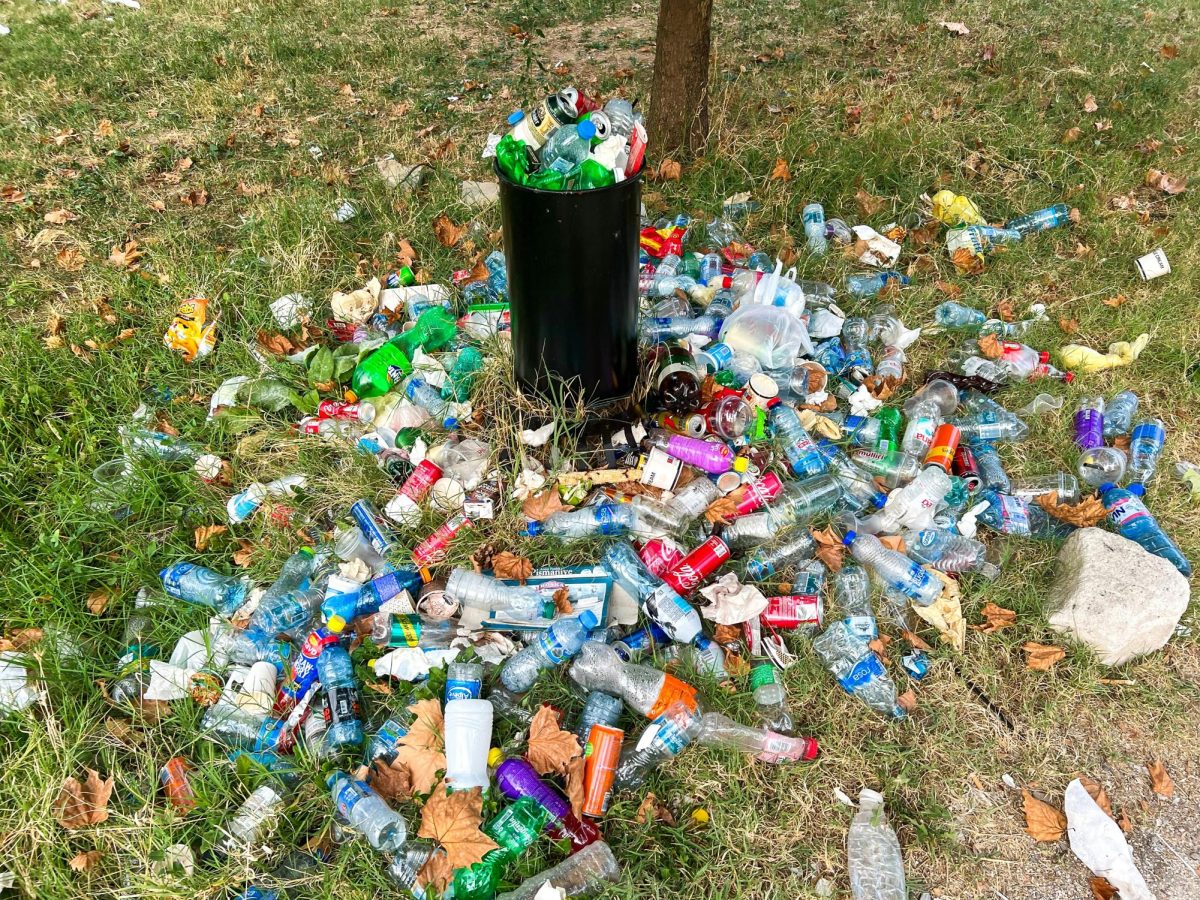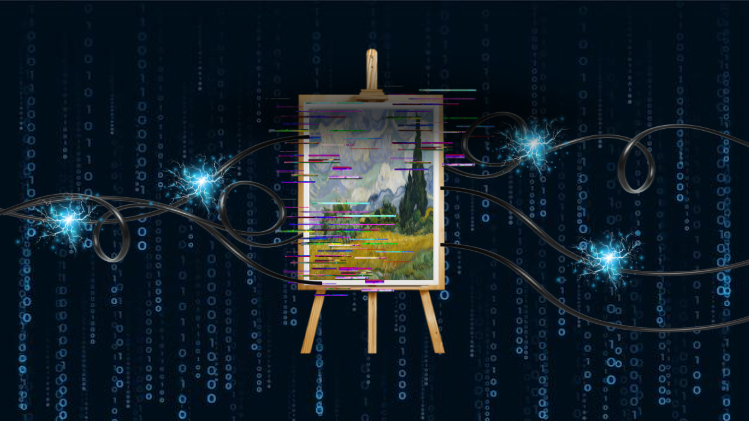You probably have always followed the latest trending item and wanted the next big thing. But have you considered the fact that you are a part of overconsumption? Probably not. You probably think that you are consuming the normal amount because everyone else overbuys. The best example is the Stanley Cup because people went crazy over this cup and over-bought it. Some people just ended up keeping the cup in a cabinet or tossing it.
If you over-consume, where does all of this extra product go? Well, mostly into landfills. Food and clothes are the biggest contributors to the landfill. Because we consume so many clothes, about 92 million tons of them go to landfills and only 20% of clothes end up being recycled, as stated by TheRoundup.org. Similarly, we also waste about 30%-40% of the U.S. food supply according to USDA statistics. Most people end up throwing away food because they don’t like, need, or want it.
If you use TikTok, you probably have seen the newer TikTok trend that usually has a caption of “underconsumption core” or “over-consumption core.” In these videos, they show how much or how little the person consumes. The overconsumption core is the art of buying products in excess, while the underconsumption core is the opposite. Over-consumption core fuels the need for people with less to buy more, while underconsumption core shows that it is ok not to have the latest thing. Underconsumption core has a positive effect on the environment, while over-consumption core has a negative impact.
So why do people over-consume? It has to do with society and our social norms. We live in a world where there is a lack of self-control and instant gratification is needed. Overconsumption also has to do with influence. When a person is influenced by someone or something they will be more likely to over-consume it. Influence with good marketing causes us to be hooked on buying too much of what we do not need.
What do your fellow peers think they over-consume? Well, I asked some classmates and teachers what they think. Most teachers and students answered food or drink. A few teachers and students stated that they overconsume clothes or items. Even one teacher said that they overconsume paprika, but that is a story for a different article. Out of respect for these individuals, I will not list who I interviewed, but many people report over-consuming something.
So could we change how people consume? Yes, we could but not in the way you think. If over-consumption is caused by society and influence, what solution is there? Well, it starts with you, dear reader. Try to be “uninfluenced.” Take those apps that make you buy more and hit uninstall. Start to fix broken items and donate old things. Look at the items you have and use them. Stop with the overbuying of worldly items that mean something just because of a trend. So think more, buy less.








